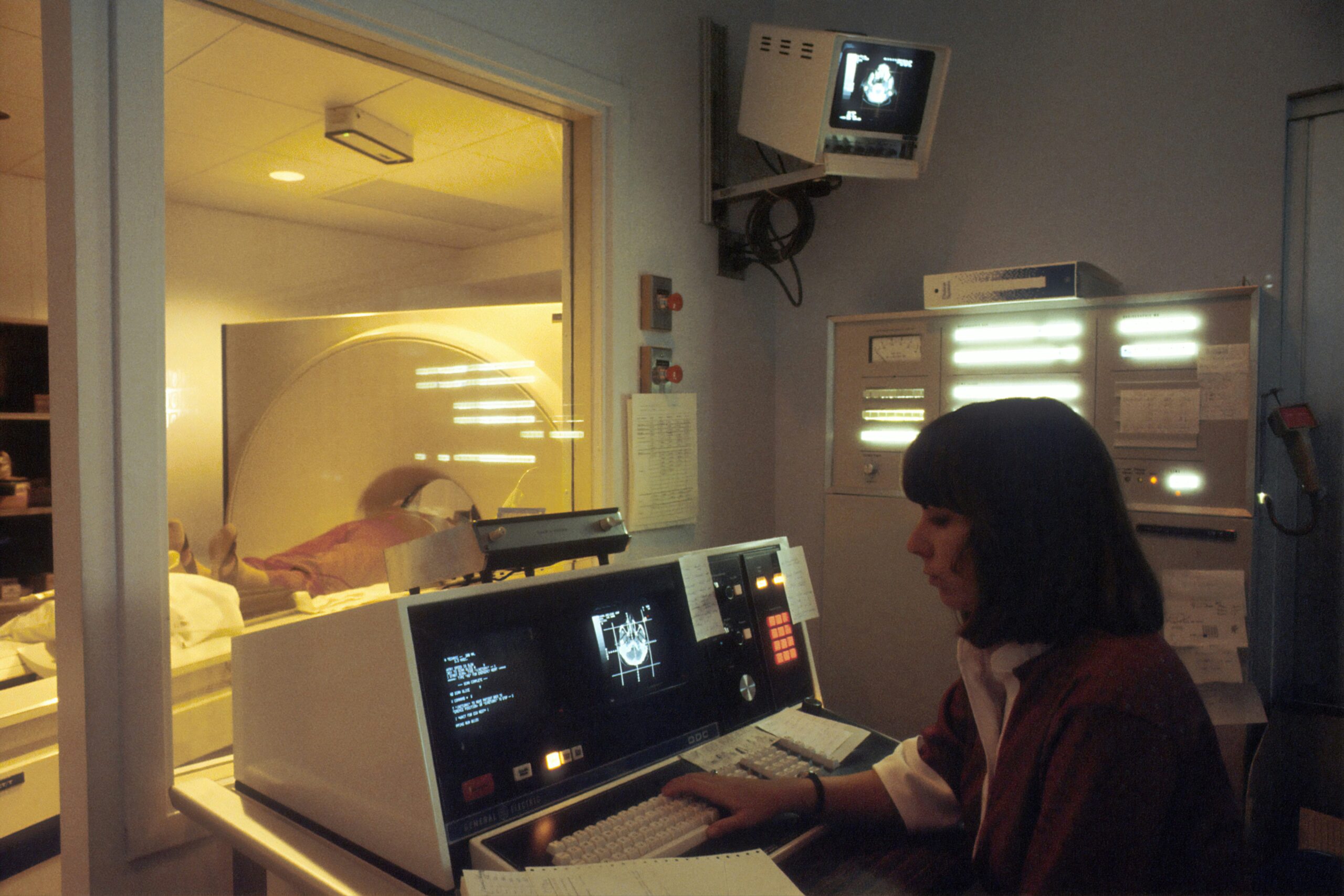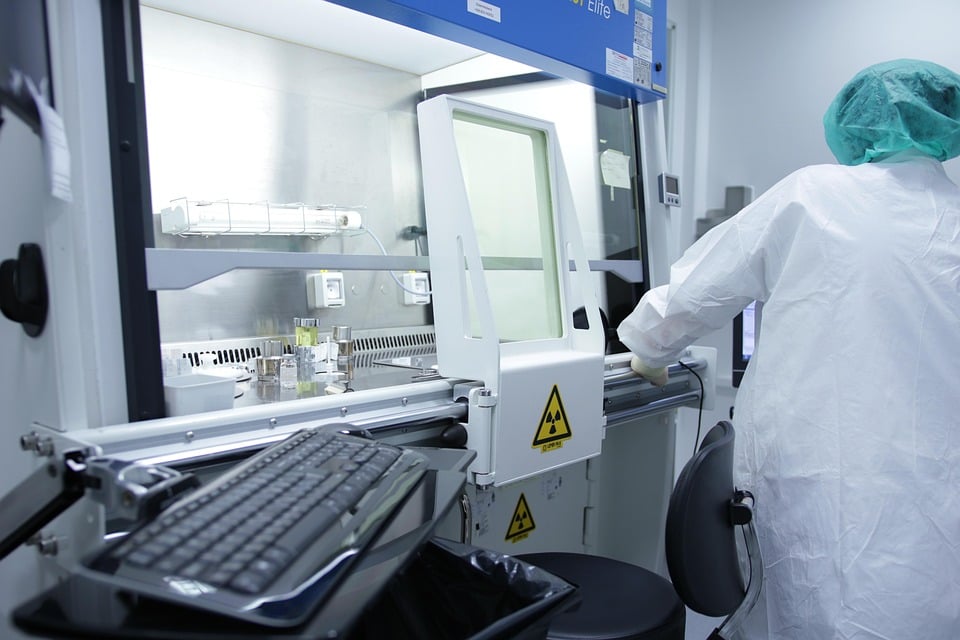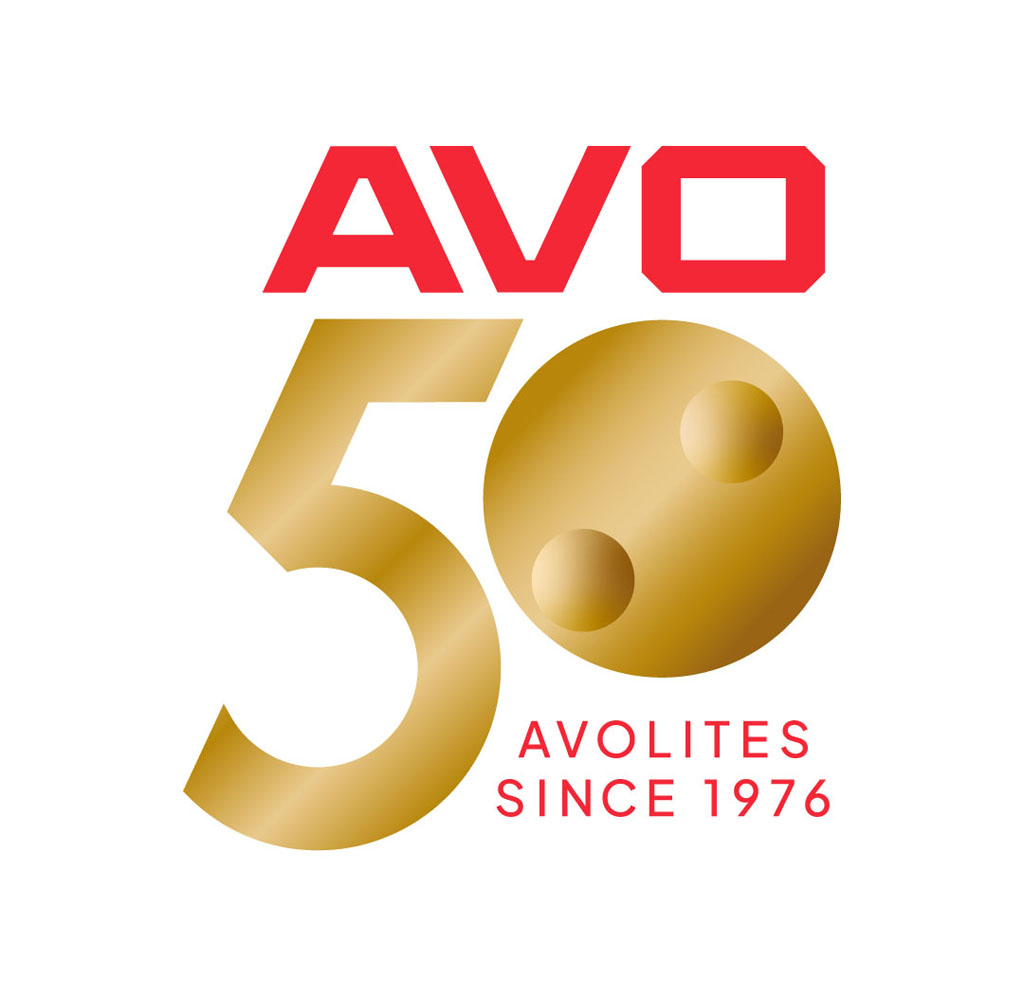
Bollywood actor Saif Ali Khan and his family have encountered a major legal challenge as the Madhya Pradesh High Court has nullified a 25-year-old judgment that favored their claim to ancestral property valued at approximately Rs 15,000 crores. The court has mandated a fresh trial in the long-standing inheritance dispute concerning the former royal family of Bhopal.
The property in question is linked to the princely state of Bhopal and was inherited by Saif Ali Khan, his mother Sharmila Tagore, and his sisters Soha and Saba Ali Khan, following the demise of Mansoor Ali Khan Pataudi, the former Indian cricket captain and Nawab of Pataudi.
Court Sets Aside 2000 Decree
In 2000, a Bhopal district court had ruled that the Pataudi family were the rightful heirs to the estate, basing its decision on the succession of Saif’s grandmother, Sajida Sultan, the daughter of the last ruling Nawab of Bhopal, Hamidullah Khan. However, Justice Sanjay Dwivedi of the Madhya Pradesh High Court has now overturned this decision, citing the reliance on a precedent that the Supreme Court has overruled.
“I am of the opinion that the trial court, without considering other aspects of the matter, had dismissed the suits, that too relying upon the judgment which has already been overruled by the Supreme Court,” Justice Dwivedi stated in the order. “Thus, in my opinion, the impugned judgment and decree deserve to be and are hereby set aside.”
The High Court has instructed the trial court to re-examine the case from the beginning, allowing all parties to present new evidence in light of recent legal developments. The fresh trial is to be conducted swiftly, ideally within one year.
Background of the Dispute
The legal conflict originates from the inheritance of Nawab Hamidullah Khan’s personal property. Nawab Hamidullah, the last ruling Nawab of Bhopal, had three daughters: Abida, Sajida, and Rabia. Sajida Sultan, who married Iftikhar Ali Khan Pataudi, was declared the heir after her sister Abida moved to Pakistan. The succession was formalized in 1962 when the Indian government issued a certificate naming Sajida as the sole inheritor.
Sajida’s son, Mansoor Ali Khan Pataudi, inherited the property, which was subsequently passed down to Saif, Soha, and Saba. However, other heirs of the Nawab, including Begum Suraiya Rashid and Nawab Mehr Taj Sajida Sultan, contested the inheritance, arguing that the partition of Nawab Hamidullah’s property was inequitable and did not adhere to Muslim Personal Law. Their suit, initially dismissed in 2000, has now been revived by the High Court.
The order also referenced the 1949 Instrument of Accession, through which the princely state of Bhopal merged with the Union of India. According to the agreement, the Nawab retained rights to personal properties, and succession was to follow the Bhopal Succession to the Throne Act, 1947.
Implications and Future Proceedings
This decision by the Madhya Pradesh High Court not only reopens a long-dormant case but also sets a precedent for how inheritance disputes involving former princely states might be approached in the future. Legal experts suggest that this case could influence similar disputes across India, particularly those involving complex historical and legal contexts.
The fresh trial will provide an opportunity for all parties involved to present updated evidence and arguments. It remains to be seen how this case will unfold and what implications it may have for the Pataudi family and other claimants.
As the trial progresses, it will be crucial to observe how the courts balance historical agreements with contemporary legal standards. The outcome could have significant ramifications for the interpretation of inheritance laws in India, especially concerning properties with historical significance.
Meanwhile, the Pataudi family and other stakeholders are preparing for the renewed legal battle, which promises to be closely watched by legal analysts and the public alike. The High Court’s directive for an expedited trial suggests that a resolution may be reached sooner rather than later, potentially bringing closure to a dispute that has spanned decades.







